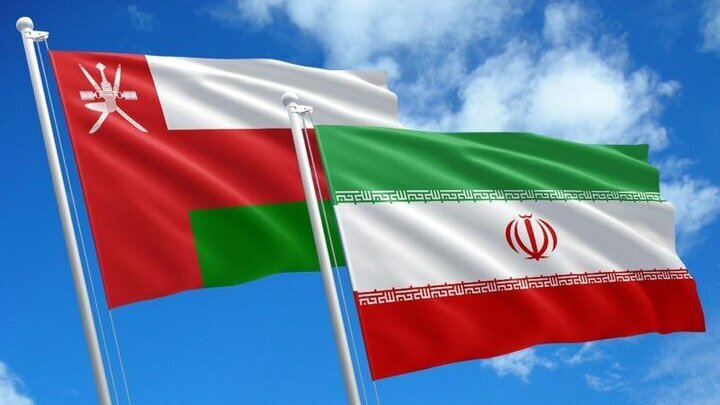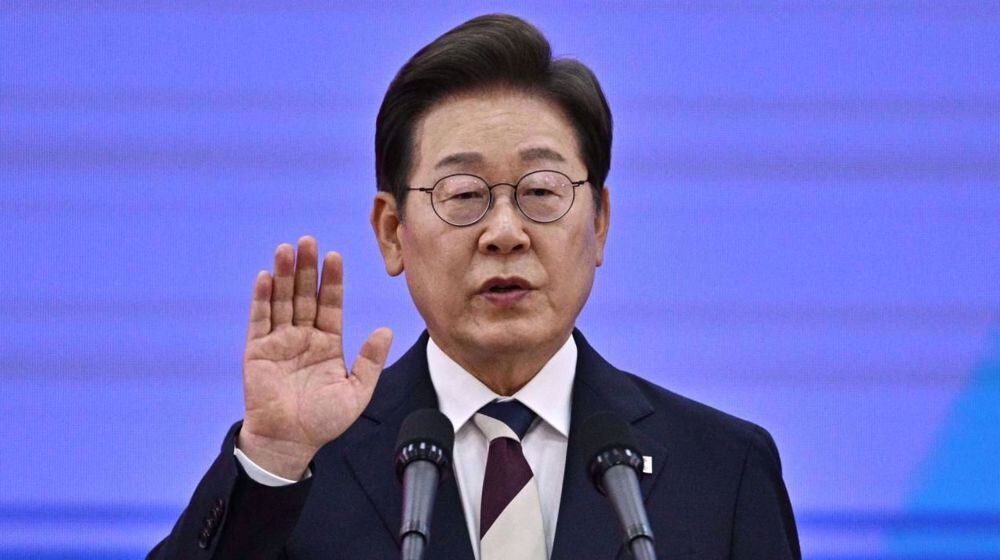
Similar Posts
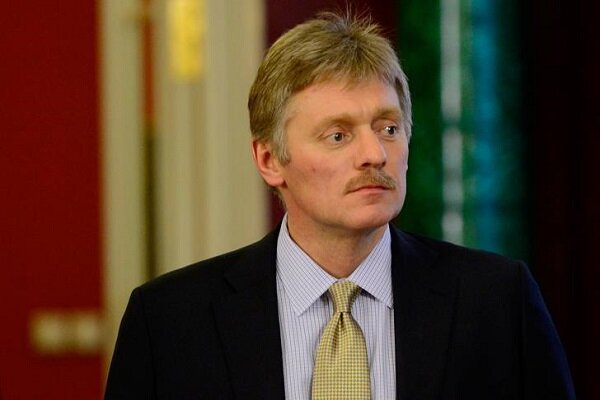
Russia Responds to Trump’s Bold Threats Regarding BRICS Currency: Tensions Rise
The BRICS alliance, consisting of Brazil, Russia, India, China, and South Africa, has clarified that it is not pursuing a common currency but is focused on enhancing investment cooperation among its members. Kremlin Spokesman Dmitry Peskov responded to US President Trump’s tariff threats by emphasizing BRICS’ commitment to developing joint investment platforms to facilitate investments in third countries and strengthen economic ties. As the group expands with new members set to join in 2024 and 2025, BRICS aims to reduce reliance on the US dollar and foster a multipolar world, enhancing trade relations and economic collaboration.
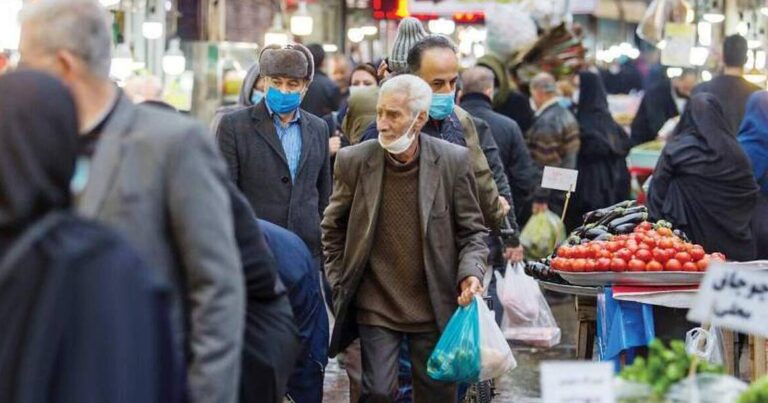
Iran’s Judiciary Chief Reveals Dismal Living Conditions Amid Ongoing Crisis
Iran is facing severe economic challenges and corruption, acknowledged by Chief Justice Gholamhossein Mohseni Ejei during a meeting with parliament’s National Security Committee. He stated, “The people’s livelihood is not good,” calling for collaboration among government branches to bolster the economy. Ejei highlighted the need to transform the culture of investment, emphasizing a positive view of wealth and the potential contributions of Iranians abroad. He also pointed out that corruption hinders progress and pledged to address judicial shortcomings. Ejei’s remarks underscore the urgency for reforms to enhance living standards and restore public trust in governance.
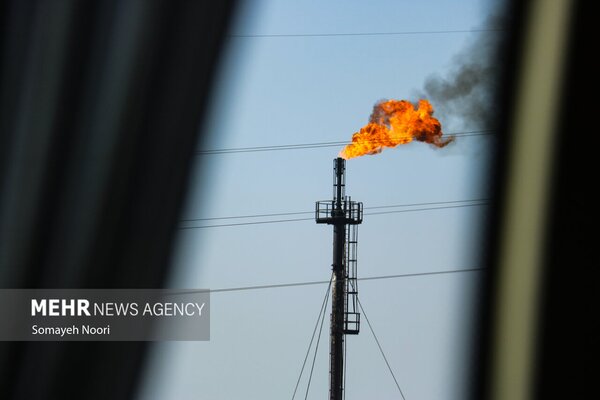
US Oil Imports from Iraq Plummet: EIA Reports Weekly Decline
Recent data from the US Energy Information Administration (EIA) indicates a significant decline in US crude oil imports from Iraq, dropping by 77,000 barrels per day. This shift reflects broader trends in the oil market, influenced by factors such as increased domestic production, OPEC+ decisions, and evolving geopolitical relationships. The overall US crude oil import landscape is fluctuating due to seasonal demand and refinery activity. This decline may signal a strategic move towards energy independence and diversification of supply sources as the US reassesses its energy policies in light of a transitioning global energy market towards renewables.
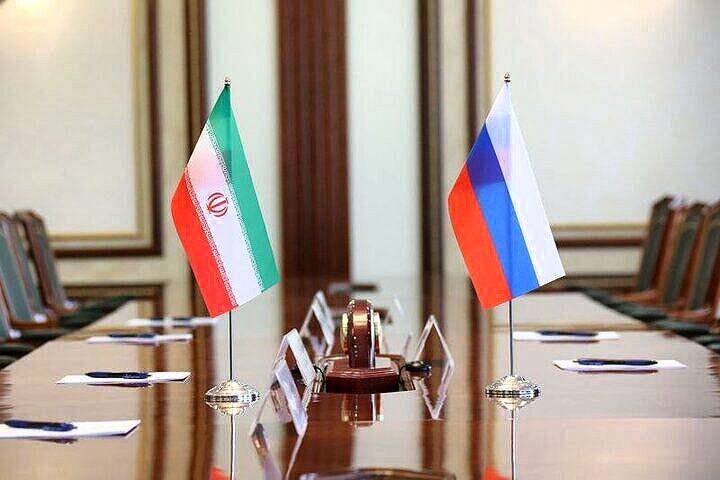
Moscow Welcomes 18th Iran-Russia Joint Economic Commission: A New Era of Trade and Cooperation
The upcoming meeting between Iranian and Russian officials, led by Iranian Minister of Oil Mohsen Paknejad and Russian Minister of Energy Sergei Tsivilev, aims to bolster bilateral relations through the Tehran-Moscow Joint Economic Cooperation Commission. Over two days, expert-level discussions will focus on enhancing cooperation across various sectors, culminating in a memorandum of understanding (MoU). This strategic initiative seeks to reinforce economic ties, particularly in trade, energy, and technology exchange, amid evolving global dynamics. The collaboration could also promote regional stability and investment, making it a significant moment for both nations in a challenging geopolitical climate.
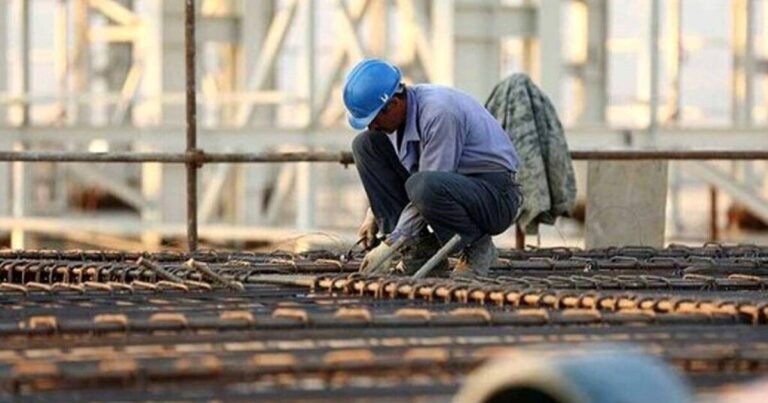
Tragic Toll: 45 Iranians Lose Lives Weekly in Workplace Accidents
Iran has witnessed a troubling rise in workplace fatalities, with over 1,000 workers dying from March to September 2024, averaging 180 deaths monthly—a 15% increase from the previous year. Labor activists blame government negligence and inadequate safety measures. The leading causes of these fatalities include falls, being struck by objects, electrocution, and burns. Tehran province reported the highest deaths. Activist Ehsan Sohrabi warns that upcoming statistics may reveal even worse trends, emphasizing the need for improved safety protocols and regulatory oversight. Urgent recommendations include enhanced training, regulatory inspections, and investment in safety equipment to protect workers.
